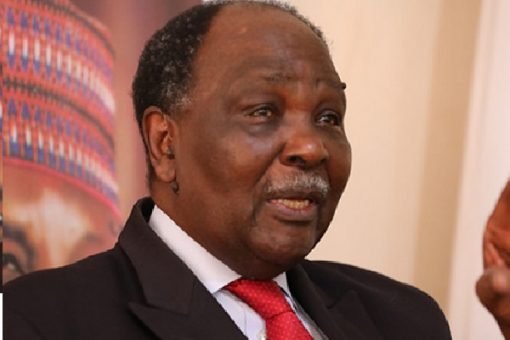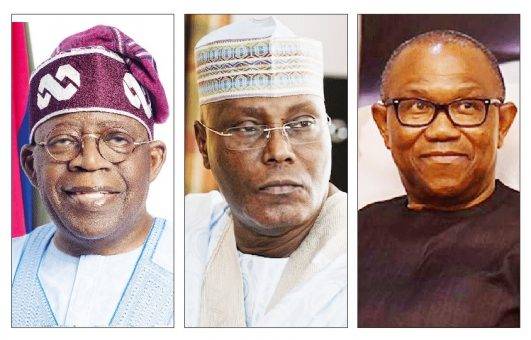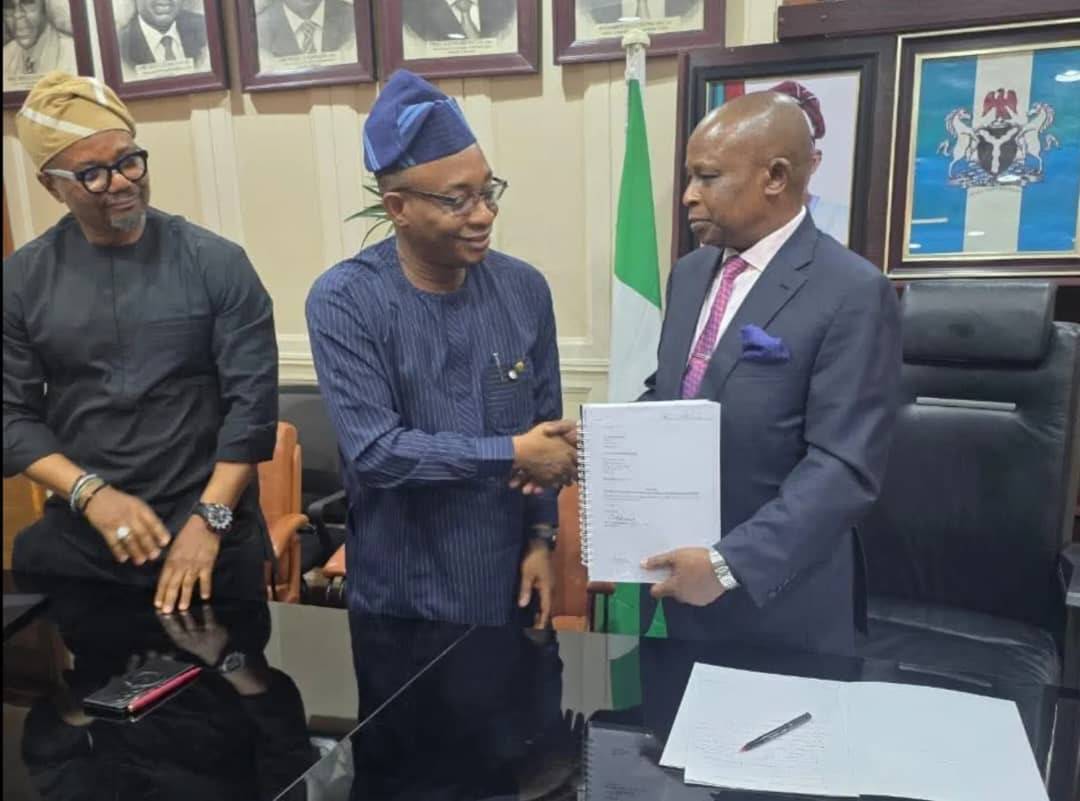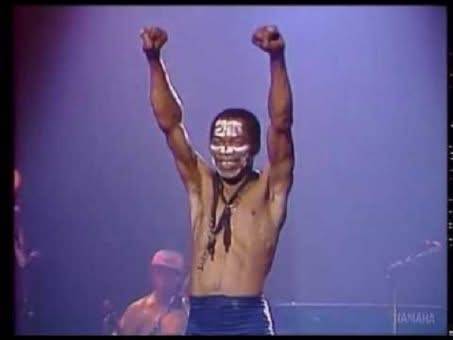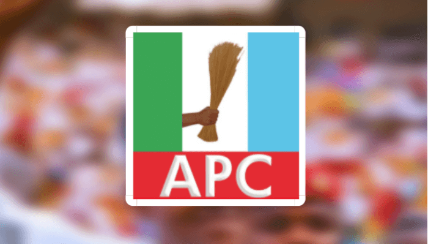By Tatalo Aremu
General Yakubu Gowon, a.k.a Jack Gowon, is an immensely likeable fellow, an officer in the finest tradition of the old colonial army when martial nobility carried its sacred obligation.
Although neither the best nor the brightest in his generation, neither imbued with the radical pan Arabic nationalism of a Gamal Abdel Nasser, nor the Ottoman revolutionary zeal of a Kemal Mustapha, fate, and perhaps his own utter decorum and modesty, have always conspired to thrust him into the highest echelon of power and responsibility.
Gowon remains the classic example of the old principle of feudal preferment: those who actively seek the throne will never get it, except by murder and perfidy. So it is then that an interview with the old soldier should come at a period of subdued militarism, of a tense and fraught succession, and of intense and acute interrogation of the fate of the territorial space known as Nigeria.
The interview itself is vintage Jack Gowon: honest, guileless and utterly bewitching in its political virginity. Gowon seems to be crying out to his traumatised compatriots that in the political and economic disembowelling of modern Nigeria that we have witnessed, he is not the famed ripper.
Yet in many ways unknown to him, Gowon touches on the problems that have made Nigeria’s history such a consuming nightmare. It is a mad and maddening history in which heroes quickly become villains but only to have their honour and respectability redeemed in the long historical run, and in which villains become heroes only for their villainy to catch up with them at the final post.
Thirty one years after he was declared a wanted criminal for the murder of a turbulent subordinate he had treated with levity and guarded affection, three decades after he was stripped of his exalted rank by the government of General Obasanjo, Gowon has not only had his rank and privileges restored, he has also regained respect and respectability as a revered avatar in the gallery of pan-Nigerian heroes.
In the event, it was Obasanjo himself that did time in prison, in addition to his rank being briefly withdrawn after having been found guilty of allegedly plotting to overthrow the government of a subordinate he once rescued from General Danjuma’s keen professional clipper. More interestingly, a controversial return to power appears to have ended in severe self-demystification with the Owu-born general much reviled and despised as a corrupt and cruel despot who botched the genuine democratic transformation of the country. It is a steep descent for the war hero and political liberator.
Thus the whirligig of time has brought its sweet revenge, as Shakespeare once famously asserted. There is no question of who the villain is at the moment between Gowon and Obasanjo. Longevity and staying power have their historical advantages. All Gowon had to do was to simply refuse to die. Long after those who dismissed him as a national nuisance anti-democratic potentate have descended into infamy, Yakubu Gowon is still there, smiling his sweet cherubic smile. According to a Chinese proverb, if you stay long enough by the riverbed, the bodies of your enemies will wash by.
But history is still an open script, and anybody who believes that this is the end of the story is a historical neophyte. It was famously said of Stalin that he drove barbarism out of Russia by sheer barbarity. If by some strange luck the current democratic blunderbuss prevails, if by some quirk of history Umar Yar’Adua turns out moderately well despite the appalling and unpropitious circumstances of his ascendance, if official corruption henceforth is reduced in Nigeria, Obasanjo, despite his glaring personal failings, may yet be seen as the man who drove out corruption from Nigeria by corrupt means and who established some semblance of democracy by despotic fiat.
It is perhaps with an unconscious eye to such history in all its grand whims and caprices that Gowon has opened his heart to his compatriots once again. For the umpteenth time, Gowon reminds us that he did not join the army as a short cut to fabulous wealth. Neither did he join to become Head of State. Even if he does not explicitly inform us, this was the twin-malaise that eventually undid the Nigerian military as a potent force for national restitution and redemption.
But this is not the same as the biblical tale of their fathers having eaten sour grape. The Nigerian military old-guard were an apolitical, frugal and ascetic lot, until oil flowed and blood followed, that is. The bald and bland facts tend to support Gowon’s earnest asseverations. The story is touchingly told by those who know of how Gowon, after ruling Nigeria for nine years, was about to become a homeless pauper in London until help and rescue came his way. It is a redemptive tale of self-abnegating heroism and immaculate patriotism.
The raw facts also attest to Gowon’s utter lack of political appetite. When the then Colonel Yakubu Gowon returned to Nigeria on the eve of the first coup, his burning ambition was to transform his battalion into a showcase of discipline and professionalism. Within the next seventy-two hours, he himself had been transformed into the army chief of staff, the ultimate military posting. In another eight months, he was to become the youthful leader of his country. From putative battalion commander to de facto Head of state all in eight months: no ascension could have been more dizzying.
Yet if this space shuttle transformation is symbolic of the confusion and uncertainties of the post-colonial state, it also speaks to the fundamental paradox of the Nigeria nation: the utter and frightful lack of preparation for office of virtually its entire post-independence leaders. It is the problem that currently bedevils the Yar’Adua administration. No Nigerian leader has been deliberately groomed for office. They all seem to stumble into preferment with the self-assurance of a sleepwalker.
Obasanjo himself is the classic example. If the old General Obasanjo was carried into office screaming and kicking in protest with the ferocious Danjuma directing, the later President Obasanjo wandered into office like a traumatised amnesiac fresh from solitary confinement. For a complex and complicated country aspiring to rapid modernity, this haphazard and feudal lottery mode of succession may well be the unkindest cut.
In retrospect, anybody thinking that General Obasanjo was historically positioned to buck this trend does not appreciate the fact that the deep psychological wounds inflicted on him notwithstanding; Obasanjo has always been in paradoxical collusion and complicity with his tormentors.
With this, we now come to the grandest paradox of the Nigerian postcolonial state. Despite their inability to further the lot of the nation, despite their inability to project the interest of their class formation in and as the national interest Nigeria has been ruled by the same set of people, the occasional violent internal collisions notwithstanding. The result has been a pool of leadership hobbled by incest and a vastly diminished possibility of genetic replenishment.
It is the same set of officers who put Gowon there that eventually removed him in a patriotic vote for the subordination of the military to the democratic ethos. Despite the fact that they were historically constrained from casting their net wide, nobody can deny the patriotic and nationalist motivation behind the act. Yet it is the same group of people that would terminate civilian rule and inaugurate a new round of military tyranny. More intriguingly, three of them went ahead to commit the same crime they have accused Gowon of: Babangida, Abacha and Obasanjo.
Perhaps there is more to this feat of self-perjury that we know little about. Or may be we should have stuck with good old Jack. May be what a fledgling country wracked by internal contradictions needs is a temperate and even-handed leader who will stay long enough to oversee genuine national transformation. The jury is still out, and Jack is still smiling and smelling of rose.
First published in 2007


